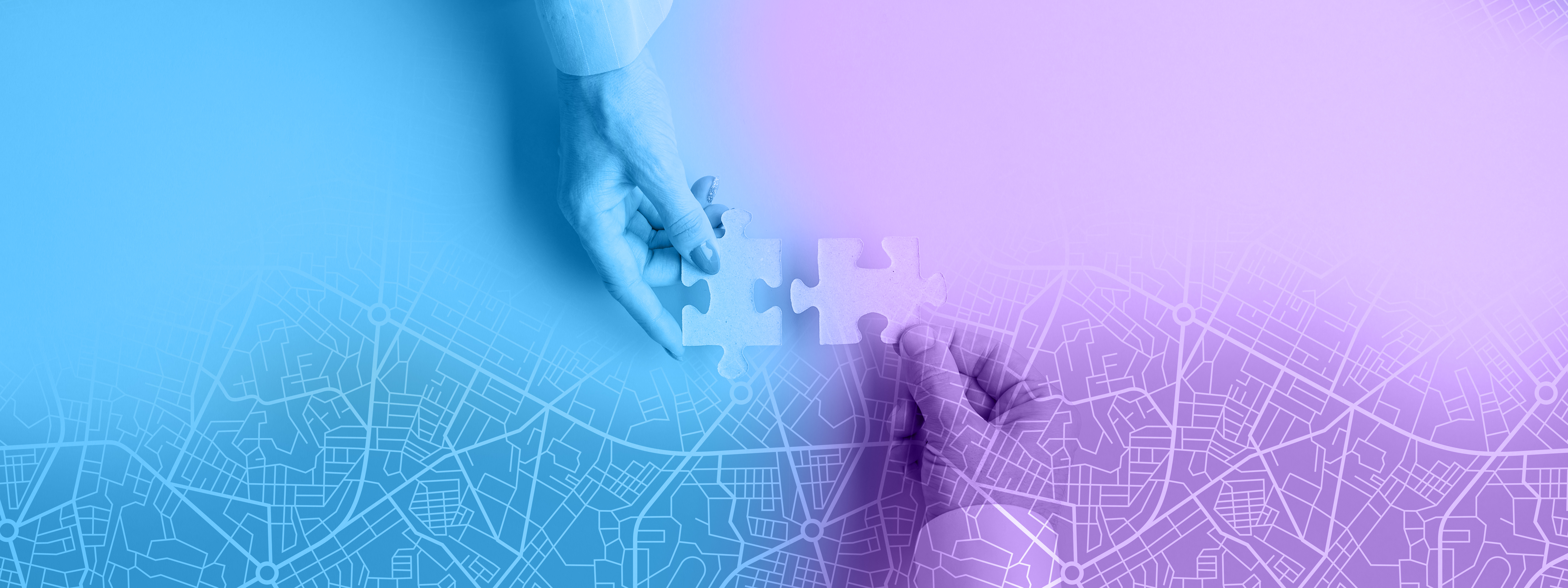“Why should men be making the decisions for us?”
To shed light on three important aspects of migrant and refugee integration, CEMR and IncluCities organised three online events in the framework of the Refugee Week to raise awareness on the contribution of migrants and refugees to diverse and inclusive European cities. The first event opened a discussion on Refugee and migrant women in the political arena.
In today’s world, where the gender gap in decision-making at all levels is stubbornly persistent, migrant and refugee women in particular encounter multiple discriminations and disadvantages. Jaimie Just, CEMR Adviser on Equality and Diversity talked to Rabina Khan and Melody Deldjou Fard, two local elected women who made their way into the political sphere and are bringing positive transformation to their communities.
Rabina Khan is a Bangladeshi-born British writer (author of My hair is Pink under this veil), politician, councillor for Tower Hamlet and community worker. She has experienced discrimination in many forms, which was especially difficult when she came to the UK in the mid-1970s. She grew up in the small town of Rochester, in Kent. At that time, migrants, especially those who didn’t speak English, were called names and were often accused of shoplifting in stores. Nevertheless, her family decided to make the host country their home, also by showing who they are and being proud of their heritage and culture.
“I belonged to the only family of colour in our street, but we and our neighbours were drawn together by our common experiences of living and working. Like many others, our community was proud to be working class. Even as society has grown more ‘tolerant’, that sense of solidarity has been lost.” Rabina Khan
In her 20s, Rabina decided to wear the hijab and since then, she has often been put in position to explain and justify her choice. It was in 2015, when she was standing as an independent candidate in the Tower Hamlets’ mayoral elections, that asked her what colour her hair was under her veil. She confidently replied that it was pink. This moment kicks off the story she shares of her life and experience as a refugee woman in her book. She is convinced that refugee women have a huge role to play in the UK, to speak up and to alert decision-makers when they see discrimination. They need to make sure policies don’t divide but push women with migration background, women of colour and faith forward. The hate speech and prejudice she still experiences today, doesn’t stop her. She knows she deserves to be respected and heard. She has opinions on things other than religion and migration, she’s not just a woman who covers her hair with a veil. Refugee women should be proud of who they are.
Rabina also gave an example of how good academic performance don’t always translate into equal opportunities in the workplace and access to professional growth. It especially doesn’t translate for Muslim women: she’s witnessed changes of names and women taking off their veil just to increase their chances in the job market. Furthermore, she reminds us that women like her need to take the narratives back, and not let other people tell their stories.
Melody Deldjou Fard, born in Iran, fled to the Netherlands when she was 15. Determined to embrace her new homeland, she decided to teach herself the language using the subtitles from the soap opera The Bold and the Beautiful. She enrolled in the University of Fine Arts in Utrecht and, thanks to the Ministry of Education, Culture and Science, took part in a leadership course. From there she started her short but impressive political career. Currently, a city councillor in Utrecht, Melody also was a candidate for the Dutch parliament during this year’s elections and was the campaign leader of the most successful Greens elections in 2018.
Based on her experience as a refugee, she knows how difficult it is for young refugees to find their own identity. She made the choice not to choose between two countries, and her slogan captures this perfectly: “Born in Teheran, made in Utrecht”.
Melody believes that one of the most important parts of being a politician is having a close relationship with the community, and listening to what people need. After students asked her for help, Melody recently supported a student led network to create the longest rainbow bike path and to showcase diversity for international pride month! During her campaign, she talked to students about their concerns and challenges and was surprised to learn how difficult it is for them to find internships, and how often students are discriminated based on their religion, skin colour or where they come from. In their party (Groenlinks), they are now working on this problem.
The COVID-19 pandemic has changed many things, the worrying part being increased hardships among vulnerable and marginalised communities such as migrants and refugees.
Rabina pointed out that, during debates around domestic violence in the times of pandemic, we’ve missed a certain group of women: those from black, Muslim and Asian communities. At the beginning of the lockdown, she observed the increasing number of infection cases in poorer communities. Melody’s experience in the Netherlands was similar, seeing how minority groups really are more vulnerable in times of crisis. Thus, she stressed the importance of such discussions as a first step to make a change and build a more resilient world where everybody can become their best selves.
"It would be so nice to live in a society without labels. Unfortunately, we have to make them visible, because some people have still been left behind because of them, that’s why we should not ignore them and make sure everyone has equal rights.” Melody Deldjou Fard
To conclude, policymakers, media and everyone else should take to heart Rabina and Melody’s messages on refugee & migrant women in the political arena. Political discussions on inequality and racism often limit refugee women only to migration and religion discourse. But there is so much more to talk about, and women face huge barriers in breaking through.
As Rabina said: “But even in the darkest of times, the sun rises: all of us have struggled, why should men be making the decisions for us?”
Watch the session https://www.facebook.com/IncluCitiesCEMR/videos/151799853673462

